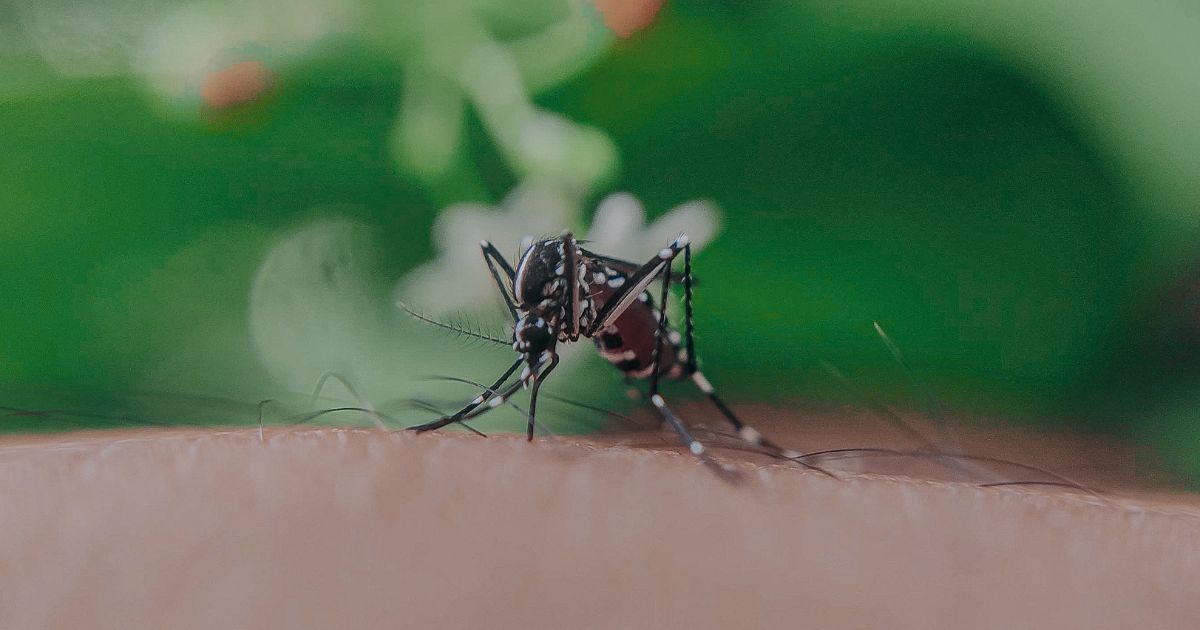Spike in Dengue Fever Cases Raises Concerns in Singapore

Singapore is facing a significant rise in dengue fever cases, with an alarming increase reported over the past weeks. According to the National Environment Agency (NEA), 216 cases of dengue were recorded from June 18 to 24.
Moreover, as of 26 June 2023, there are 41 active dengue clusters, 5 out of which have 10 and more cases reported. The Lorong 1 Toa Payoh cluster has emerged as a hotspot for dengue infections, with 172 cases and a relatively fast rate of transmission.
These numbers are further raising concerns among residents and health officials about the spread of the mosquito-borne disease. Dengue fever is transmitted through the bite of the Aedes mosquito, which breeds in stagnant water sources commonly found in urban areas.
The traditional dengue peak season starts from May to October due to the accelerated development of mosquitoes and the Dengue virus in them. The growing number of dengue cases is indicating a need for heightened public awareness and preventive measures to stop the disease transmission.
Public Awareness and Prevention Efforts
As the dengue situation intensifies, Singaporean authorities have ramped up public awareness campaigns to educate residents about the importance of mosquito control and personal protection. Residents are advised to continue practicing the “B-L-O-C-K” and “SAW” methods.
The NEA emphasizes the need for collective action, urging individuals to eliminate stagnant water sources in their surroundings, such as flower pots, vases, and containers. Ensuring good housekeeping and regular checks within individuals’ properties can help prevent further dengue spread in the area.
In addition, the NEA has advised the public to apply mosquito repellent and wear long-sleeved clothing when outdoors, especially during peak mosquito activity periods. Collaborative efforts involving residents, community organizations, and government agencies are essential in combating the spread of dengue and minimizing the risk of mosquito breeding.
The NEA continues to monitor the situation closely, working closely with healthcare providers to ensure that necessary measures are in place to tackle the rise in dengue cases. Public health advisories are regularly updated to provide accurate information and guidance to the public.
